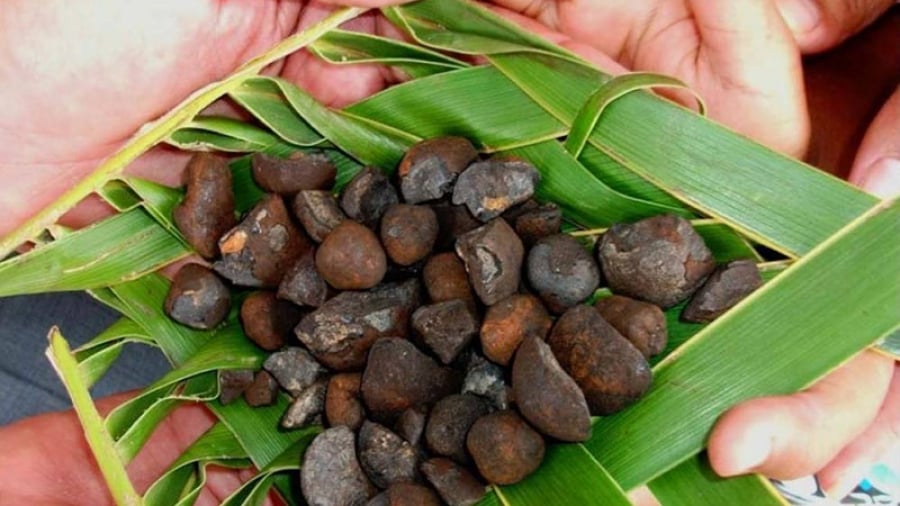Cook Islands NGO recommends not to finalise exploration licence until areas of conservation are set aside

As the government’s exploration application process moves forward, a local environmental NGO is recommending only a “very small area” be given out at first for seabed mining exploration in order to determine potential impacts.
Seabed Minerals Authority has received three applications for licence to explore deep sea mining in Cook Islands waters.
Authority’s commissioner Alex Herman has confirmed receiving two exploration licence applications in the tender area and one in the reserved area.
The application for licencing process for seabed mining exploration was launched on 22 October, 2020 and closed last month.
Herman said: “We are currently processing those applications. This includes completion and due diligence checks, public notifications and evaluation of the applications received.”
But local environment group Te Ipukarea Society is calling on the Authority not to finalise any exploration licences for Cook Islands seabed minerals until areas of conservation are set aside.
Society’s technical director Kelvin Passfield said: “For example, the Seabed Minerals Authority have told us that they don’t want companies going near seamounts and that the companies don’t want to either.”
“It would be better to have these areas mapped and declared out of bounds for exploration, as a
necessary part of the Marine Spatial Planning process for our Marae Moana, before issuing the licences. This Marine Spatial Planning process is nowhere near completed, and mining exclusion zones should be mapped before exploration licences are issued.”
Passfield said they also needed to know how much of the Cook Islands’ exclusive economic zone (EEZ) was being explored, “what they’re looking for and who they will share environmental data with”.
“We still want a moratorium on exploitation. We understand that research needs to occur so we aren’t completely anti-exploration, if done in an environmentally safe manner, and biodiversity data collection is given equal importance to the minerals.
“We do have a preference for independent research first, and request time (i.e. a minimum of 10 years moratorium, coinciding with the call by the United Nations for a decade of ocean science) for this research to happen. After exploration we need to wait because the impacts, even of the less intensive exploration, will take time to manifest themselves, and to monitor properly – e.g. bioaccumulation of heavy metals and other toxins in pelagic fish etc.”
Passfield said they would recommend only a “very small area” be given out at first for exploration, in order to determine what impacts there may be, before expanding exploration.
“We look forward to the public consultation process on these licence applications before they are
awarded. We have made a number of contacts in the area of deep ocean science, and feel we can help Government a lot on doing their due diligence.”
Due diligence checks are where the Authority ensures that the applicant had the technical and financial capability to operate in Cook Islands water.
All applications are to go through the ‘licensing process’ and this includes public notice and comment on applications where the public are informed of the applications made and given a chance to submit their comments.
Evaluation will be made by an expert Licensing Panel – made up of experts from different backgrounds.
Alex Herman said it would take some months to get through each of these steps.
“Exploration research will help us to better understand whether the harvesting of our seabed nodules is possible – in an ecologically sustainable manner, and without serious harm to our marine environment – or not,” she said.
Meanwhile Passfield said considering the publicity campaign around the launch of the tender process, and all the global hype about the apparent need for these minerals to supply the “green transition”, they thought there may have been more interest in the exploration licences.
“Maybe the metals are not currently as in demand as they would have us believe. It may be that the volatility of the minerals market, and the uncertainty of what future technology breakthroughs may mean for the need for these minerals, have made investors more cautious, said Passfield.”


